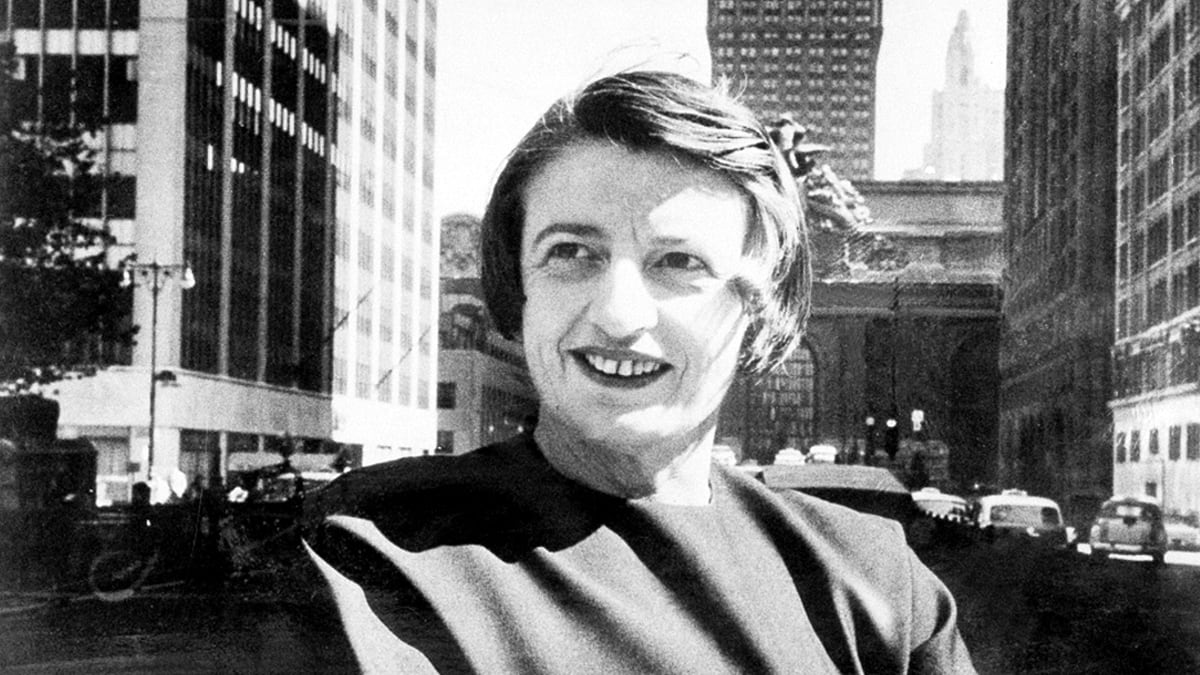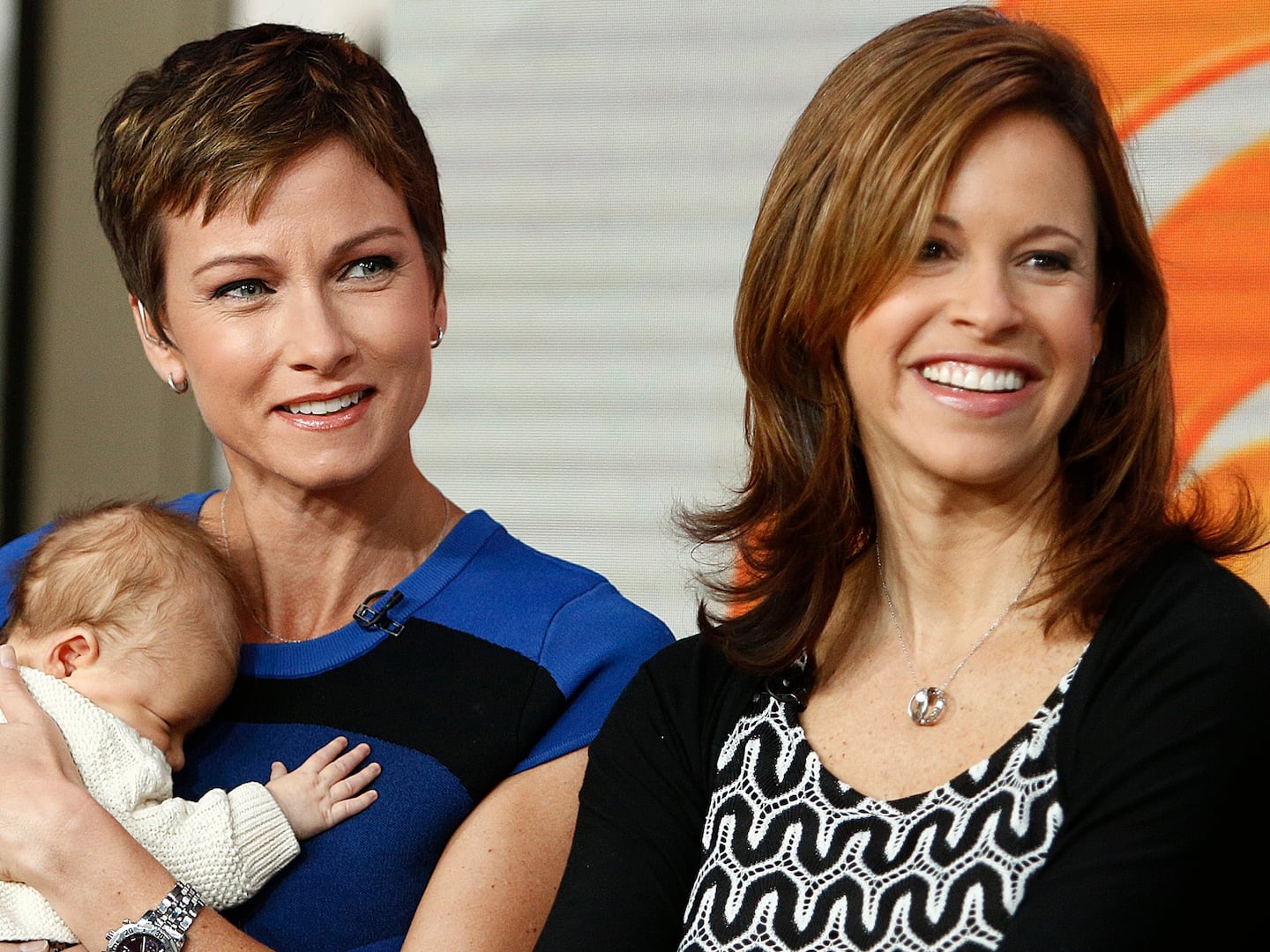“It is true that fiction is a much more powerful weapon to sell ideas than nonfiction,” Rand wrote when she was just beginning to construct the plot of her capitalist blockbuster Atlas Shrugged. Fiction, she added, “arouses the public to an emotional as well as intellectual response to our cause. Call it a sugarcoating—although I don’t like to say that. It works.”
It worked for Wisconsin Rep. Paul D. Ryan, just as it has worked for tens of thousands of Rand adherents and acolytes over the last half century, including Ronald Reagan, Jack Kemp, Ron Paul, and Bob Barr. Like many of them, the chair of the House Budget Committee and this year’s Republican candidate for vice president first encountered Rand’s novels of heroic individualism and swashbuckling capitalism in adolescence. “I grew up reading Ayn Rand, and it taught me quite a bit about who I am and what my value systems are,” the congressman told a convention of Rand followers in 2005. Rand was “the reason I got involved in public service.” A passionate convert to her black-and-white, apocalyptic worldview, Ryan also became a missionary for her ideology. He required his congressional staff to read her novels as an introduction to real-world, free-market, and monetary theory. “We start with Atlas Shrugged,” he said in 2005. “Then we move on, and we require [Austrian economists Ludwig] von Mises and [Friedrich von] Hayek as well.”
Recently, with increasing national attention and some grumbling from the Conference of Catholic Bishops, it seems that Ryan, a Roman Catholic, has backed off from the atheist Rand and muffled his claims that every battle in government is a contest between the forces of Randian good and evil, or individualism and collectivism. But if Rand taught Ryan “quite a bit” about who he is, Ryan’s romance with Rand can also teach us about who he remains.
He is boyish, and not only in the charming, physically vigorous sense that is most apparent. It’s no accident that fervent admirers of Rand’s philosophy are typically male and typically find inspiration in Atlas Shrugged from their teen years on. The novel’s emotional appeal, about which Rand wrote, exists largely in the victory of its heroic, steel-willed industrial titans and inventive geniuses against a suffocating nanny state manipulated by feminized bureaucrats with names like Wesley Mouch. The ideological content of the novel is sealed by larger-than-life characters and the intellectual suspense of a plot that resolves itself into science fiction. Although in recent days Ryan—who is not only Catholic but also a pro-war, anti-women’s-rights conservative, which the avowed atheist and civil libertarian Rand certainly was not—has been accused of lack of loyalty to her ideas and of possibly not being a Randian at all. But many of Rand’s most ardent fans develop an early and enduring ability to fit even the balkiest reality into the mythic formula she devised and go on seeing the political and economic landscape, if not religion or matters of personal liberty, through her heroes’ eyes. Think of Ron Paul. Think of Alan Greenspan, who during the financial meltdown in 2008, after 35 years at the pinnacle of government power, not to mention decades of dining with the world’s top bankers, expressed genuine surprise that bankers and traders would favor short-term personal gain over the apparent long-term interests and reputations of their banks.

Ryan is detail-oriented, which may mean he doesn’t see the larger picture of other people’s reality. In the early years of Rand’s cult following in the 1960s, observers were surprised that so many scientists, engineers, doctors, dentists, tax specialists, and business executives were crowding into lecture halls to hear a novelist. “They loved her vision of a technologically advancing, logical world,” said Rand’s friend, the late Joan Kennedy Taylor, a writer. “But this was the first time many of them had dealt with ideas. They thought that Ayn Rand had invented laissez-faire capitalism.” Few followers of Rand ever go on to read Dickens or to question the idea that government support of education, transportation, health care, farming, or aid to the poor is a form of authorized “looting” and “mooching,” as Atlas Shrugged depicts it. Politicians from Ronald Reagan to Steve Forbes and George W. Bush, however, have learned that dispensing with popular social programs requires paying too large a political price.

Mitt Romney’s selection of Ryan as a running mate has begun to look less like a master tactic by John Galt to defeat the bloated federal bureaucracy than a fretful effort by Atlas Shrugged’s wishy-washy head of state Mr. Thompson to retain his power. But if Rep. Ryan really does resemble generations of Rand true believers, he will remain convinced that he and she are right.






